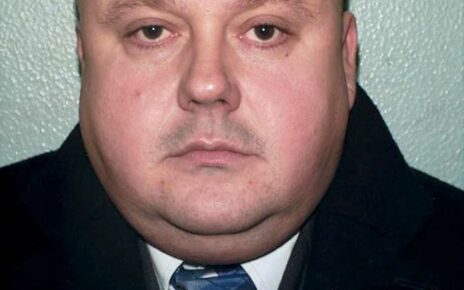Save articles for later
Add articles to your saved list and come back to them any time.
New Zealand alt-pop artist Benee has combined her favourite comfort food with expertise from neuroscientists to design a song, Bagels, that reduced anxiety more effectively than the track previously known as the most relaxing song in the world.
Scientists from Auckland University of Technology played Bagels to 30 young people hooked up to EEG brain tests and found they reported lower feelings of short-term anxiety.
Benee performing at Melbourne’s Reunion Park.Credit: Rick Clifford
The scans showed that when people listened to the song, there was less activity pinging between the frontal and parietal lobes, areas of the brain that light up when our minds are at work or stressed.
“These are parts of the brain that activate when we’re busy, when you’re doing something strenuous in terms of cognition, thinking, working memory and attention and so forth,” Associate Professor Mangor Pedersen, a neuroscientist who led the study, said.
“It is a good indicator that when we get less connectivity between these areas, the brain is actually also managing to take a little break.”
Participants listened to six songs, including The Shape of You by Ed Sheeran, Weightless by Marconi Union (billed as the world’s most relaxing song), and two metal songs including System of a Down’s B.Y.O.B., which had the highest anxiety scores.
Bagels reduced anxiety by 5 per cent more than Weightless and the song had the strongest effect in suppressing connectivity in the brain out of all the tracks in the experiment.
Benee and producer Josh Fountain worked with scientists to anchor the song around musical elements likely to reduce anxiety, including a 4/4 time structure and a tempo of 60 to 80 beats per minute. The result is an ambient, lo-fi track with soft beats that incorporates spoken word.
“There are several characteristics of music that people generally find very relaxing, such as repetition, a C major key, no grating sounds or sharp drums,” Pederson said.
Benee said she’s always seen music as a form of therapy but was fascinated to learn about the specific sounds that can shift someone into a calmer state.
“We all need to find what helps us, and one way I find calm is swimming at the beach and having a bagel – I’ve made a nod to this in the song,” the 23-year-old artist said.
The study has been submitted to the peer-reviewed journal Psychophysiology. Research investigating the link between music and brain activity is developing, but last year a meta-analysis of the existing research concluded that music could have a “large effect on alleviating anxiety”.
Meanwhile, scientists in the US have taken the soothing effect of soundwaves to an even deeper level.
The scientists focused pulses of ultrasound – which can non-invasively penetrate the skull – on a part of the brain in mice that regulates sleep and body temperature, the preoptic area hypothalamus.
The pulses triggered a drop in body temperature, heart rate and oxygen consumption, which induced a state of torpor or hibernation.
The hibernation could be sustained for 24 hours without any obvious ill effects or discomfort, and it was easily reversible – mice could be brought out of the torpor within about two hours.
In a study published on Friday in Nature Metabolism, the researchers said that if the method can be safely applied to humans, the ultrasound-induced torpor could be administered in medical emergencies or help humans embark on long-distance space travel.
Enjoyed this article? The Examine newsletter explains and analyses science with a rigorous focus on the evidence. Sign up to get it each week.
Most Viewed in National
From our partners
Source: Read Full Article




